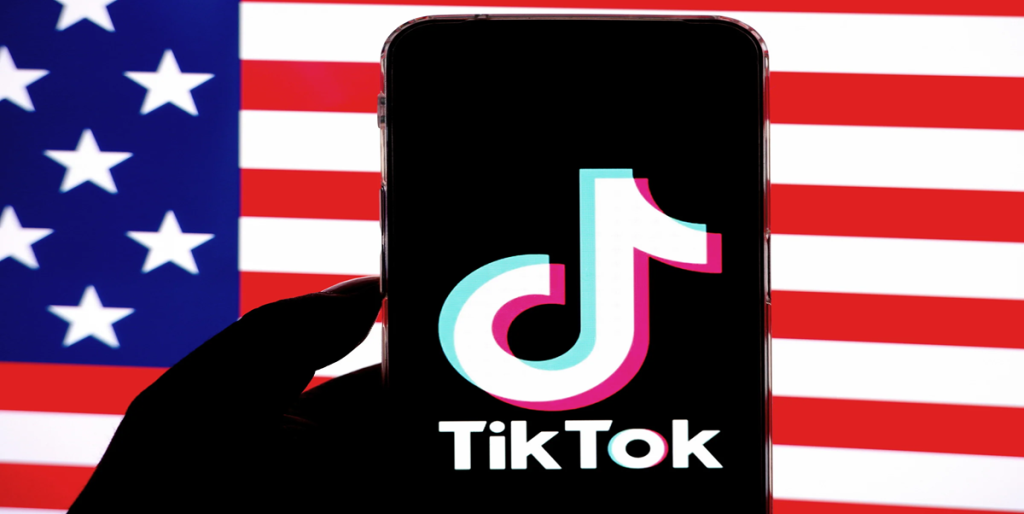TikTok has lost its attempt to overturn a regulation that can lead to the platform’s prohibition in the US.
On Friday, a US appeals court ruled in favour of the law. The justices rejected TikTok’s claim that the statute was unconstitutional, concluding that it neither “contravenes the First Amendment to the Constitution of the United States” nor “violates the Fifth Amendment guarantee of equal protection of the laws.”
Unless the platform can persuade its Chinese parent firm, ByteDance, to sell and find a buyer, the verdict puts it one step closer to a US ban, which would take effect on January 19, 2025.
After the deadline, if TikTok is not sold, US app shops and internet providers risk heavy fines for hosting the app. According to the law, Biden has the authority to extend the deadline once.
TikTok said in a statement that it will appeal the ruling.
“On this significant constitutional issue, we expect the Supreme Court to uphold Americans’ right to free speech, as they have demonstrated in the past,” stated Michael Hughes, a spokesman for the corporation.
Regretfully, the TikTok ban was enacted based on erroneous, faulty, and speculative information, which led to the complete censorship of the American public.

The voices of more than 170 million Americans in the US and around the world will be silenced on January 19, 2025, if the TikTok ban is not lifted.
TikTok will not be sold by ByteDance, as the company has previously stated.
After years of worries on Capitol Hill that ByteDance posed a national security threat, President Joe Biden signed a law in April requiring the platform to be sold to a new, non-Chinese owner or prohibited in the US.
Lawmakers are especially concerned that ByteDance would provide user information to the Chinese government for monitoring purposes or that the Chinese government might compel the business to utilise TikTok’s algorithm to disseminate propaganda.
A three-judge panel at the US Court of Appeals for the District of Columbia Circuit acknowledged that TikTok’s American users “create and view all sorts of free expression and engage with one another and the world.”
In May, TikTok filed a lawsuit to block the law, claiming that it unfairly singled out the platform and violated the free speech of its more than 170 million American users. The court combined that lawsuit with claims from a group of individual TikTok creators. In a hearing in September.
Nonetheless, they stated that “divesting the platform from the People’s Republic of China’s control is essential to protect our national security, in part because of its expansive reach,” as decided by Congress and several presidents.


